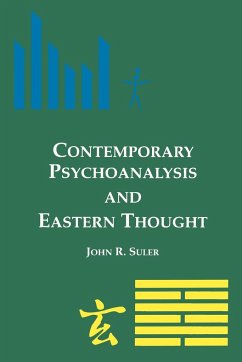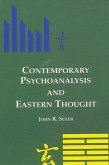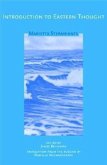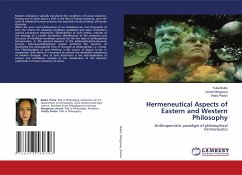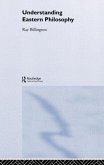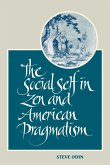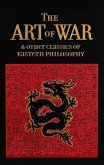This book explores the convergence of psychoanalysis and Asian thought. It explores key theoretical issues. What role does paradox play in psychological transformations? How can the oriental emphasis on attaining "no-self" be reconciled with the western emphasis on achieving an integrated self? The book also inquires into pragmatic questions concerning the nature of psychological change and the practice of psychotherapy. The Taoist I Ching is explored as a framework for understanding the therapeutic process. Principles from martial arts philosophy and strategy are applied to clinical work. Combining theoretical analyses, case studies, empirical data, literary references, and anecdotes, this book is intended for researchers as well as clinicians, and beginning students as well as scholars.

